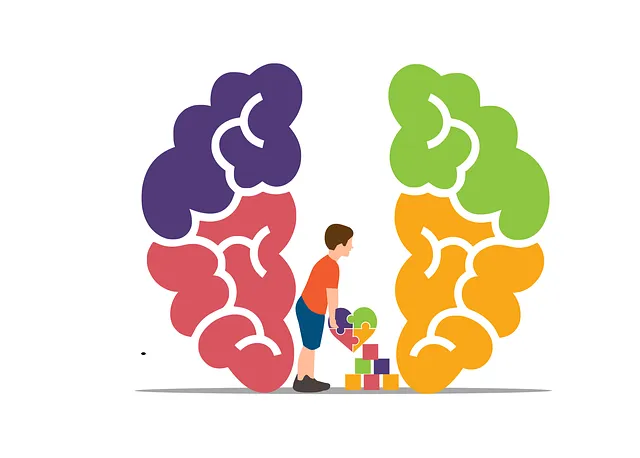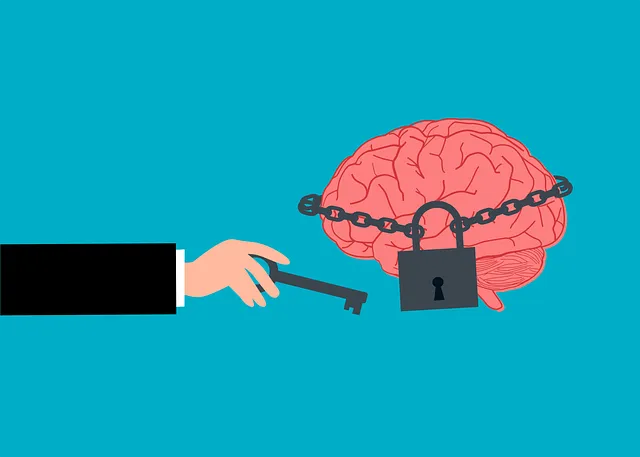The Kaiser Permanente behavioral health phone number in Arvada acts as a vital resource for crisis support, connecting individuals to specialized Crisis Intervention Teams (CITs). CITs, comprising professionals from behavioral health, law enforcement, and social services, de-escalate high-risk situations through collaborative approaches. Training programs equip team members with skills like active listening, crisis assessment, and de-escalation techniques, enhanced by mindfulness meditation and self-awareness exercises. This 24/7 service offers confidential assistance, guiding people through emotional distress with tailored resources, and fostering a supportive community environment for mental wellness challenges. Effective training prepares mental health professionals at the Kaiser Permanente behavioral health phone number to handle crises, using interactive simulations and role-playing to enhance their interventions.
In today’s fast-paced world, effective crisis intervention is more crucial than ever. For Arvada communities, training programs play a vital role in equipping individuals with the skills to manage and de-escalate critical situations. This article explores the importance of Crisis Intervention Teams (CITs), highlighting their role in providing immediate support. We’ll delve into essential components of training programs, including strategies that prepare team members for real-world scenarios. Additionally, we provide valuable insights on leveraging resources like the Kaiser Permanente Behavioral Health Phone Number for enhanced community well-being in Arvada.
- Understanding Crisis Intervention Teams: A Basic Overview
- Kaiser Permanente Behavioral Health Phone Number: A Resource for Support
- Training Programs: Essential Components and Benefits for Arvada Communities
- Effective Crisis Intervention Strategies: Preparing Team Members for Real-World Scenarios
Understanding Crisis Intervention Teams: A Basic Overview

Crisis Intervention Teams (CITs) are specialized groups designed to provide immediate and effective support during crises. These teams typically consist of trained professionals from various fields, including behavioral health, law enforcement, and social services. The primary goal is to de-escalate high-risk situations, offering a collaborative approach to ensure the safety and well-being of individuals in distress. CITs are often activated through emergency calls or referrals from healthcare providers, schools, or community organizations.
In Arvada, for instance, the Kaiser Permanente behavioral health phone number serves as a crucial resource for directing individuals seeking crisis intervention. Training programs equip team members with essential skills like active listening, crisis assessment, and de-escalation techniques. Self-awareness exercises and mindfulness meditation are often integrated into these programs to enhance emotional intelligence and reduce stress levels, thereby improving the quality of care provided during critical incidents.
Kaiser Permanente Behavioral Health Phone Number: A Resource for Support

In moments of crisis, having access to immediate support can be a game-changer. For those in or around Arvada seeking behavioral health assistance, the Kaiser Permanente Behavioral Health Phone Number offers a vital resource. This dedicated line provides confidential and professional help, available 24/7, ensuring that individuals experiencing emotional distress or mental health challenges can receive timely care. Trained specialists offer guidance, support, and resources tailored to each caller’s unique needs, promoting self-care practices for mood management and burnout prevention.
Whether it’s a personal crisis, a sudden surge of anxiety, or a need for direction regarding mental well-being, the Kaiser Permanente Behavioral Health Phone Number is a simple yet powerful tool. It connects individuals with the necessary tools to navigate challenging situations, offering a listening ear, valuable insights, and a potential path to recovery and improved self-care practices.
Training Programs: Essential Components and Benefits for Arvada Communities

In Arvada communities, crisis intervention team training programs play a pivotal role in enhancing mental health support networks. These programs are designed to equip citizens with the skills needed to recognize and respond effectively during moments of distress, be it personal or collective. Essential components of such training include understanding anxiety relief techniques, fostering Mind Over Matter principles, and promoting empathy towards individuals facing behavioral health challenges. Participants learn not just to react but also to proactively support mental wellness coaching programs development within their communities.
By enrolling in these training sessions, individuals can gain valuable insights from experts and connect with like-minded folks through collaborative exercises. This not only boosts their own resilience but also enables them to offer crucial assistance to others. Moreover, recognizing the importance of behavioral health services, many programs integrate information on local resources, such as the Kaiser Permanente behavioral health phone number Arvada residents can reach out to in times of crisis. Such initiatives contribute to creating a more responsive and supportive community environment for those navigating mental wellness challenges.
Effective Crisis Intervention Strategies: Preparing Team Members for Real-World Scenarios

Effective crisis intervention strategies are vital to preparing team members for real-world scenarios, especially when handling mental health emergencies. Training programs should focus on equipping professionals with a comprehensive toolkit that includes risk management planning, communication strategies, and mindfulness meditation techniques. By integrating these elements, teams like those at Kaiser Permanente behavioral health phone number Arvada can enhance their ability to navigate complex situations with empathy and efficiency.
Real-world crises often present unique challenges, making it crucial for team members to be adept at assessing and de-escalating high-stress environments. Through interactive simulations and role-playing exercises, training programs can recreate these scenarios, allowing participants to apply communication strategies they’ve learned while practicing mindfulness meditation to maintain composure. This hands-on approach ensures that when faced with an actual crisis, team members are prepared to offer immediate and effective interventions, fostering a culture of care and resilience within the organization.
Crisis intervention team training programs, such as those focusing on real-world scenarios and incorporating resources like the Kaiser Permanente Behavioral Health Phone Number for Arvada communities, are vital assets in ensuring effective support during crises. By understanding the basic overview of crisis teams and mastering strategies that resonate with local needs, these programs empower team members to make a significant impact. Through essential components highlighted in this article, Arvada can enhance its community resilience and better navigate challenging situations, leveraging resources like the Kaiser Permanente phone number as a valuable tool in their arsenal.






